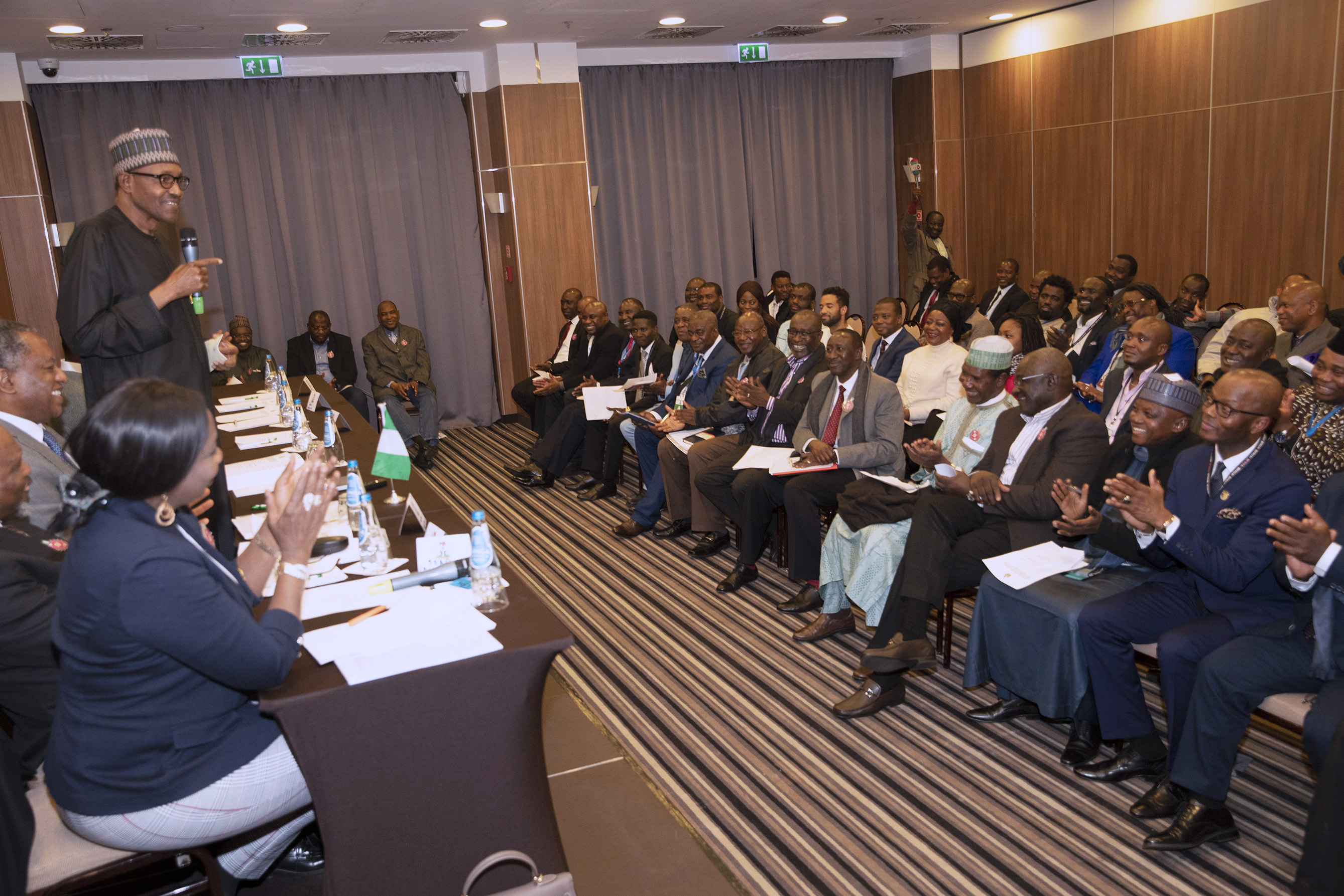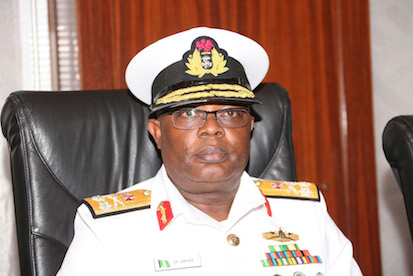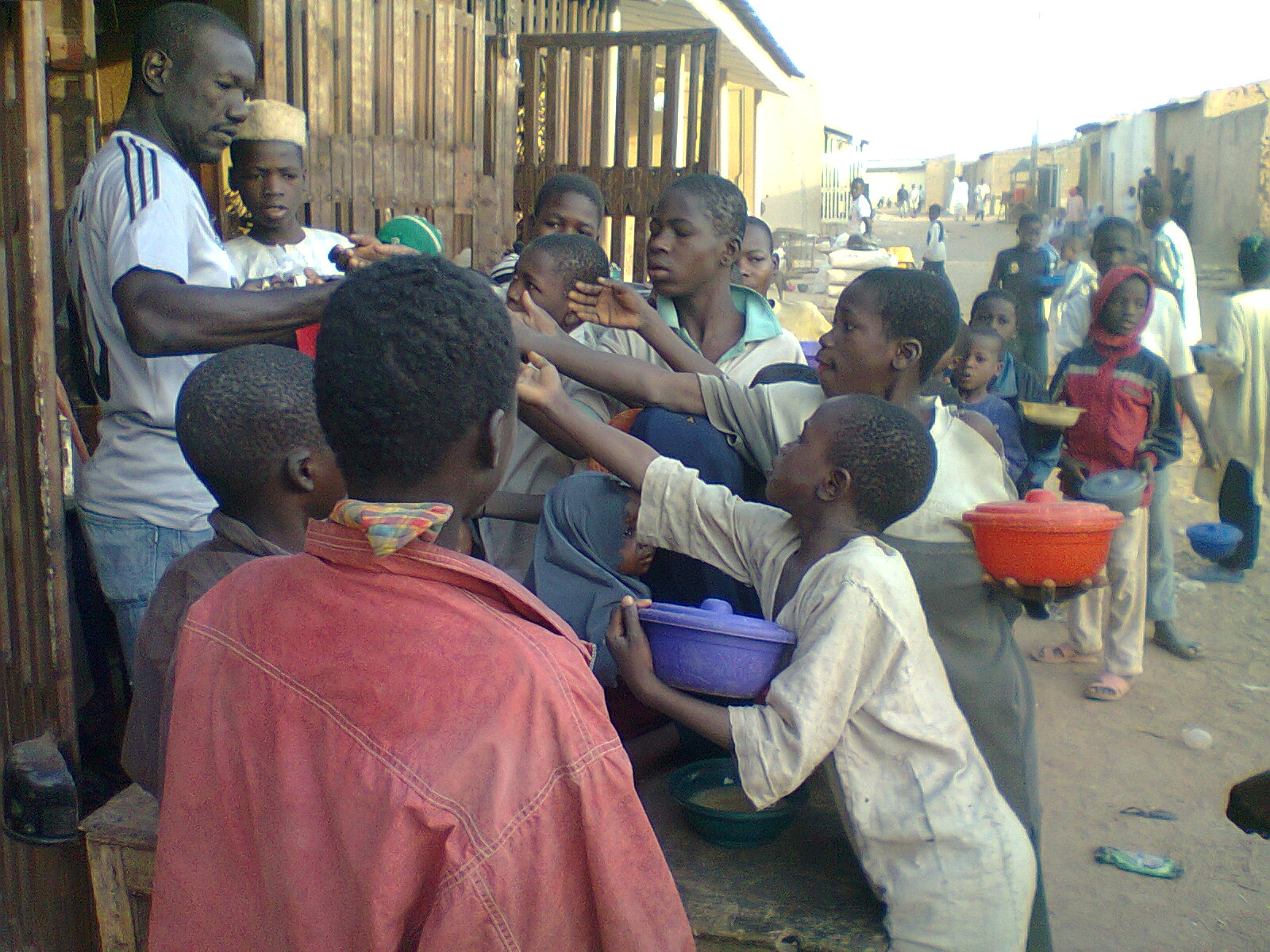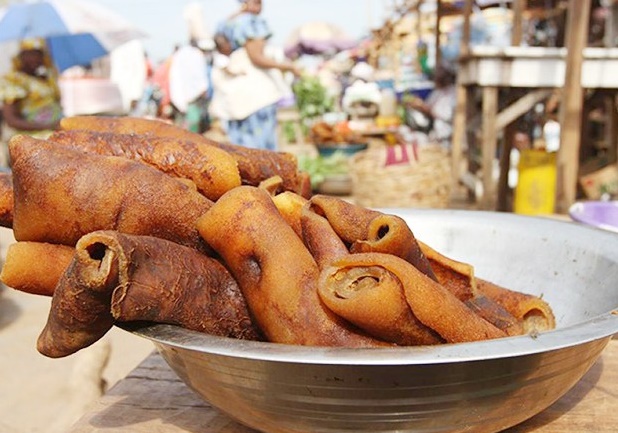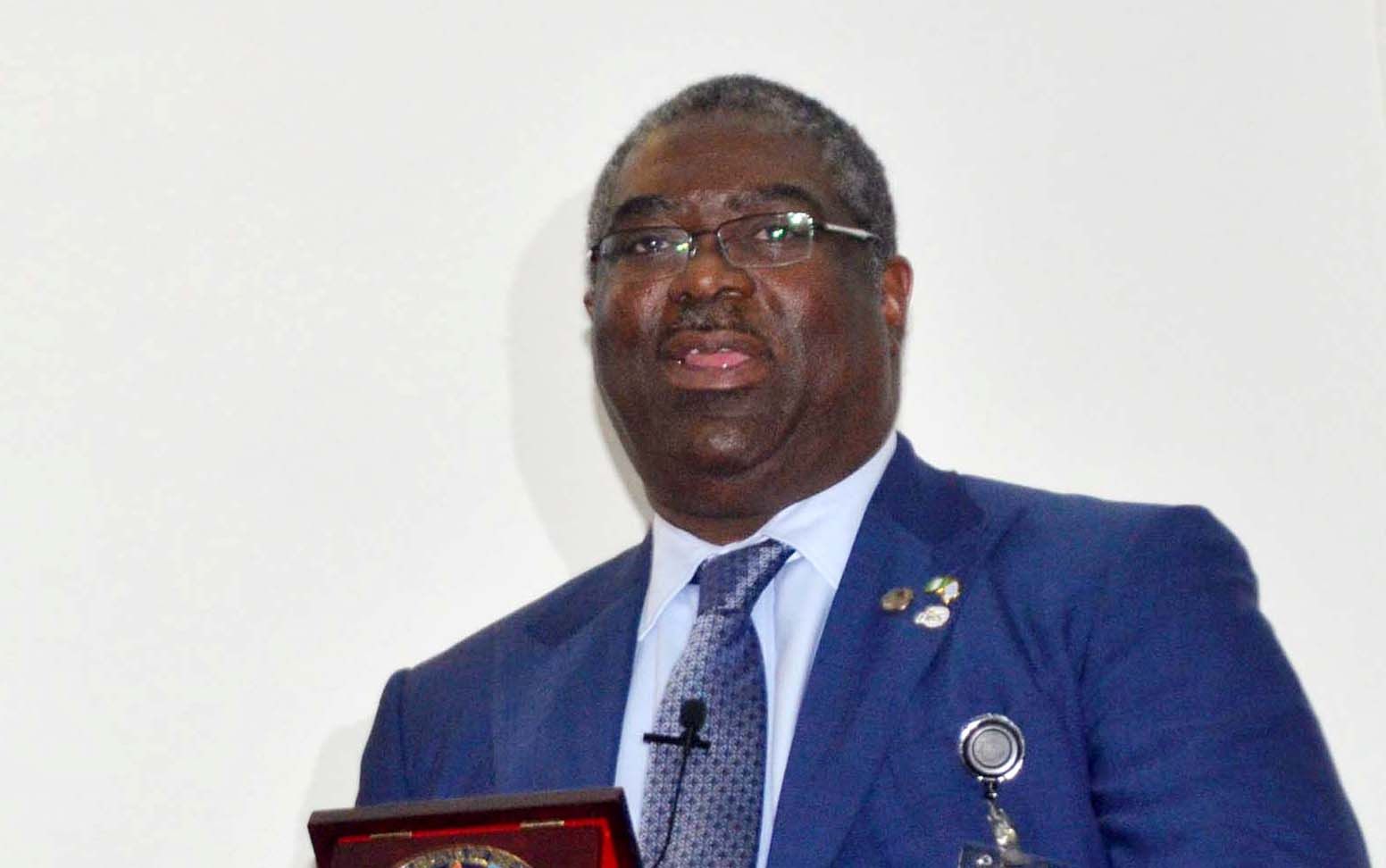PRESIDENT BUHARI CHATS WITH NIGERIANS IN POLAND 0A Q&A SECTION: President Muhammadu Buhari (Standing)addresses Nigerians. with him are Niger State Governor, Alhaji Abubakar Sani Bello, Minister of Foreign Affairs, Geoffrey Onyeama. Others are Kogi State Governor, Alhaji Yahaya Bello, Enugu State Governor Chief Ifeanyi Ugwuanyi, Nigerian Ambassador to Poland, Eric Bell-Gam and SSAP on Diaspora, Hon Abike Dabire-Erewa and Nigerians in Poland during a meeting with Nigerians in Poland as President Participates in the COP 24 Summit, Katowice in Poland. PHOTO; SUNDAY AGHAEZE. DEC 2 2018
The recently released “Migration and Development Brief” of the World Bank for 2018 that scored Nigeria as the highest recipient of Diaspora remittances, once again, in sub-Saharan Africa (which stood at $25.1 billion), and had triggered my response with an article, has generated quite a significant amount of interests from Nigerians in Diaspora by way of the commentaries that barged into my email. It was as if the piece opened the Pandora’s Box.
But rather than all kinds of evil to have flown out of this mythological box, it was some thought-provoking commentaries, more data about the implications of Diaspora remittances on Nigeria’s growth and economic indices, efforts of diasporic professional bodies in trying to make Nigerian governments (over the years)see reason why not only Diaspora remittances should be strategically redirected for national development, but also tapping their skills-set for national rebirth that flew out of the box that this article ‘opened.’ Some people sent me mind-boggling statistics of Diaspora remittances that, over the years, dwarfed the country’s budgetary allocations to capital expenditures and foreign aids, among others. These astounding revelations, I must admit, triggered this piece once again. After all, if the lice insist on living on our scalps, its blood must necessarily continue to play host to our fingernails. Or so it is said. And here are some breathtaking facts that has since been brought into my knowledge.
Fact 1: Diaspora remittances exceed gross oil revenue: Nigeria’s 2018 gross revenue was $18.2 billion while Diaspora remittances into the country for the same year stood at $25.1 billion.
Fact 2: Diaspora remittances far outweighs capital expenditure: Nigeria’s 2019 capital expenditure budget is $6.7 billion. Since it is no longer news that Nigerians has witnessed the largest capital expenditure for the first time in the country’s budgetary history in the Buhari administration, it means, using the 2018 figure, that one-year Diaspora remittances can be equated to at least four years of Nigeria’s capital expenditures—-and still have some change left.
Advertisement
Fact 3: The 2018 remittance of Nigerians in the United States of $7.2 billion was more than the entire $6.7 billion earmarked for capital expenditure for 2019. (Afrinvest)
Fact 4: Diaspora remittances equals 84 percent of the federal government’s budget: Nigeria’s 2018 budget was $29.9 billion while Diaspora remittances stood at $25.1 billion for the same year.
Fact 5: The 2018 remittances, which saw a 14 percent increase from the 2017 figure of $22 billionremittances of Nigerians living abroad was 7 times the size of foreign aids of $3.359 billion to Nigeria.
Advertisement
Fact 6: The $25.1 billion remittances in 2018 represented 6.1 percent of the country’s Gross Domestic Product (GDP). This means that the remittances were 11 timesthe Foreign Direct Investment (FDI), which stood at $2.200 billion for the same year.(Price Water house Coopers)
Fact 7: With an average remittance fee of 6 percent, Nigerians generated an average $1.5 billion in fees for the moneytransfer corporations per year. (The Kmask Group)
While one may never know or be privy to the fundamental reason(s) why Nigerian governments has serially failed to utilize the human and material resources of the Diaspora community that other developed countries of the world had effectively utilized, and continues to do by usingthem, in most cases, as catalysts for their developmental aspirations, it is important to mention at this juncture some countriesthat has used the Diaspora communities as their developmental templates as well as making them integral to theirgrowth and development in the research works in my “Roadmap for engaging Diasporas in development: A Policy Direction” with the hope that this would create a clearer picture on the Diaspora issue.
“An increasing number of countries have established institutions to facilitate ties with their Diasporas more systematically. The number of countries with Diaspora institutions has increased, especially in the past ten years, and spans multiple continents. The institutions they have created occupy different levels of government and exhibit diverse priorities and degrees of organization. For instance, some are concerned only with their citizens abroad while others specifically target permanent residents, naturalized citizens, and second and later generations. Countries such as Mexico, China, and the Philippines have multiple institutions and represent Diasporas at various levels of government. A survey of states participating in the Global Forum on Migration and Development (GFMD) identifies more than 400 institutions in 56 countries that are directly engaging Diasporas through various programmes and policies. Of these institutions, 77 were created specifically to engage Diasporas on a formal basis. These Diaspora institutions are of roughly six types, depending on whether they function at a ministry, sub-ministry, national, or local level; are part of a consular network; or are a quasi-governmental institution.”
Advertisement
“Since 2001, an increasing number of developing countries have established ministries whose explicit purpose is to address the needs of Diaspora populations. Twenty-six of the countries have separate Diaspora ministries. Twelve of these ministries are dedicated solely to Diasporas. By establishing a separate, ministry-level Diaspora institution, a government recognizes that traditional ministries such as Labour and Foreign Affairs cannot manage the expatriate portfolio in all its dimensions. A more recent example is India’s Ministry for Overseas Indian Affairs (MOIA). Established in 2004 to address the lack of government policy coordination on migration, the ministry has programmes that reach out to the Indian Diaspora, in particular to youth. One of the programmes, known as “Know India” is a three-week internship to promote social, economic, and cultural awareness of India among the second and subsequent generations of emigrants. Another initiative, the Scholarship Program for Diaspora Children, is designed to assist emigrants in enrolling their children in Indian institutions of higher education. Other activities range from hosting an annual Diaspora conference to facilitating Diaspora investments.”
“China’s Overseas Chinese Affairs Office (SCOCAO) is uniquely positioned within the Chinese central government. SCOCAO is an administrative office under the State Council, the country’s highest executive body which includes the premier and ministers, among others. Similarly, Sierra Leone’s Office of the Diaspora is directly under the Office of the President. It encourages the return of professionals and other experts from the Diaspora in order to fill critical human resources gaps within the country’s government. Specifically, the office provides a list of jobs in government departments, a list of educational institutions and professional associations in Sierra Leone, contact details of government officials, and information on dual citizenship and other acts.”
The few examples given above attests to the fact that the engagement of Diaspora communities of the developed and developing countries of the world is a time-tested initiative that has not only yielded, and continues to record tremendous growth results in these countries, but also to assuage any fear on the part of the Nigerian government or its component parts that engaging the Diasporas for the country’s socio-economic growth is not asking the authorities to embark on the arduous task of re-inventing the wheel. It is also to emphasize the fact, however,that Ekiti State government under the leadership of Dr. John Kayode Fayemi is desirous of taking the Diaspora road that’s hardly travelled by any state in growing the state, in partnership with not only Ekiti Diasporas but Nigeria’s diasporic communities the world over in accordance with his four-point Agriculture and Rural Development, Infrastructural and Industrial Development, Knowledge Economy, and Social Investment agenda.The governor’s philosophical approach to governance is to include all people with genuine interest of the state and its people in their hearts. Our objective as an administration is to blaze the trail in effective inclusion of the Diasporas in our developmental aspirations in which Ekiti State would be the go-to state in domestic and international investments based on Trust and Integrity, which the Ekiti chief of state has in abundance as part of the contents in his cups of leadership credentials.
Odere is the Senior Special Assistant (Diaspora Affairs) to Ekiti State governor. He can be reached at [email protected]
Advertisement
Views expressed by contributors are strictly personal and not of TheCable.
Add a comment

